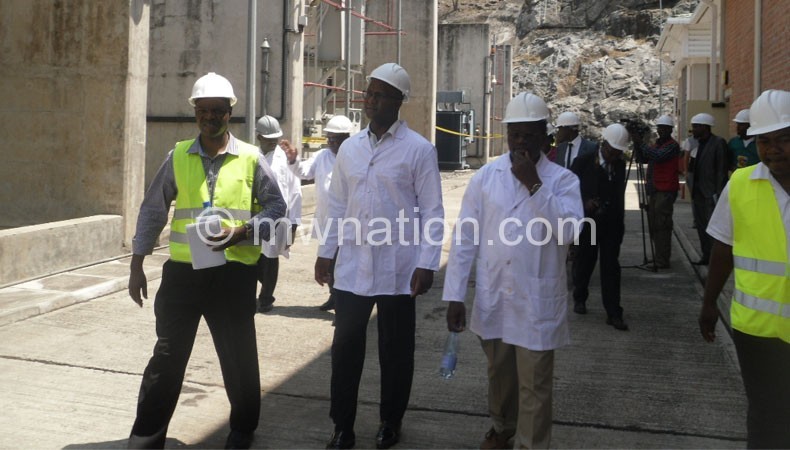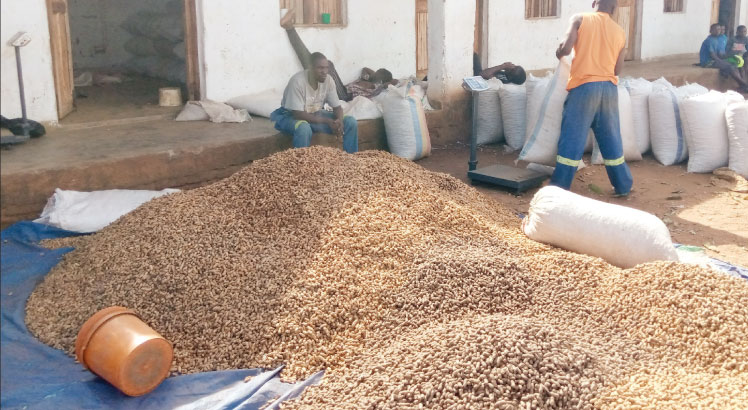Malawi’s mining sector undergoing reforms
Against the backdrop of 7.8 percent contraction in Malawi’s mining sector in 2014, government has unveiled a number of reforms to be undertaken to improve the lucrative industry.
The country’s mining sector, according to the 2014 Malawi Annual Economic Report, contracted mainly because of the temporary closure of Paladin (Africa) Limited-owned Kayelekera Uranium Mine (KUM) in Karonga which was put under care and maintenance early this year due to the slump in global uranium prices.

In 2013, according to the report, the sector grew by 7.6 percent from 14.9 percent the year before.
Minister of Natural Resources, Energy and Mining Atupele Muluzi in an interview on Friday said the developments in the mining sector necessitated the carrying out of a number of reforms.
“There are a basket of legal instruments which will be formed to include a review of the Mines and Minerals Act, mining fiscal regime and related legal instruments for the mining sector,” he said.
Muluzi said this will result in a legal framework that protects and ensures proper auditing and contract negotiations with potential international exploration companies.
He said geological information will be updated through comprehensive surveys and information management systems as well as establishment of the geo-data centre.
Muluzi said apart from enhanced transparency and accountability in the sector, the ministry plans to build a skills base on mining engineering and mineral processing, applied geology, mining and mineral processing, mineral law and economics as well as leadership.
“We aim to construct a laboratory for the testing of samples. Plans are at an advanced stage. We are also aiming to fast track the provision of licensing and foster public/private partnerships in mining as well as joint ventures with international and local entrepreneurs,” he said.
The ministry is also building technical capacity of small mining ventures to allow for growth and expansion of the industry.
In the 2014/15 budget, money has been allocated to set up at least seven artisanal and small-scale mining cooperatives, which will include youth and women, across six districts.
Muluzi said they will undertake 16 mining inspections in all operating mines and that 32 officers will undergo long-term training in various fields while 53 officers will be supported on short-term courses.
Prior to opening of KUM, the sector was contributing three percent to the gross domestic product (GDP), but after the opening of KUM, the sector’s contribution reached around 10 percent.





